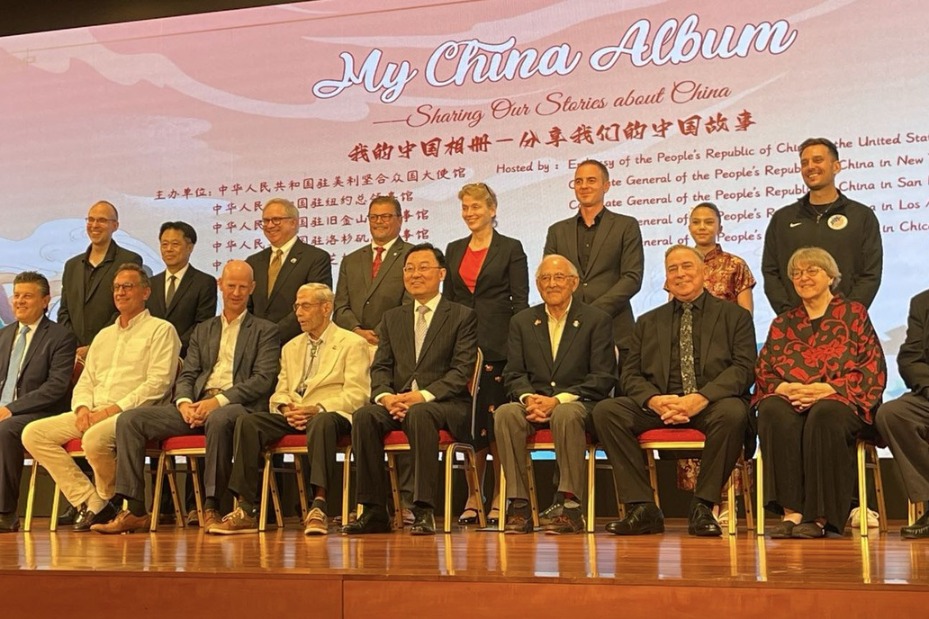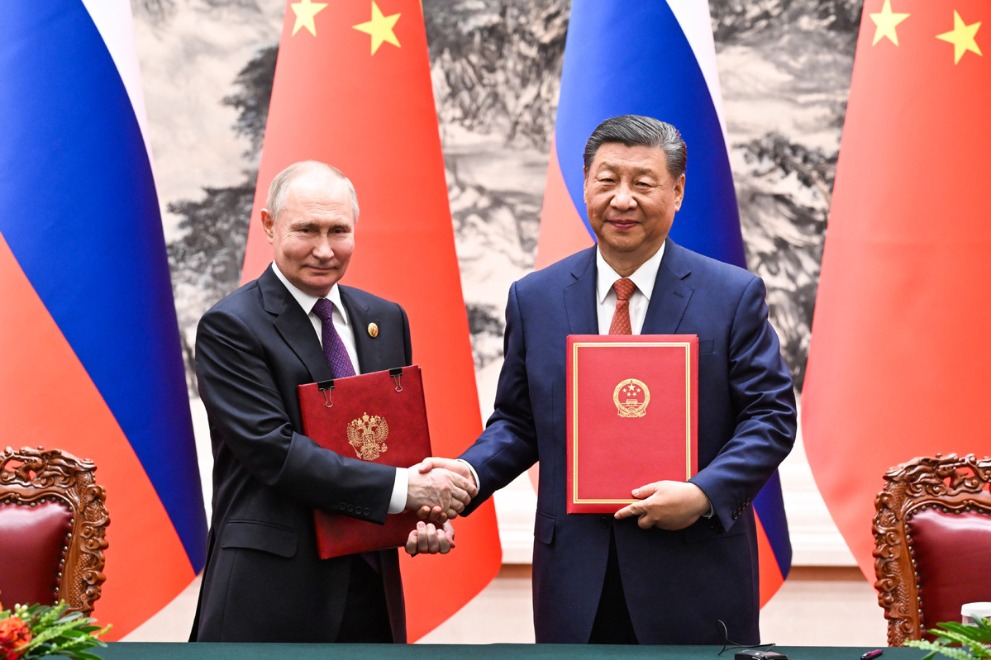Shangri-La Dialogue should not be of the deaf: China Daily editorial
chinadaily.com.cn | Updated: 2019-05-31 21:35

A show of strength between US Acting Secretary of Defense Patrick Shanahan and Chinese Defense Minister Wei Fenghe. That is what many assume the Shangri-La Dialogue in Singapore will be. But it wouldn't have been that way if the United States had played by the rules and honored its word.
Were it not for the rising tensions between China and the US, stoked by their trade dispute that has prompted many countries in the region to choose between Beijing and Washington, China would have continued to let the US play solo at the Singapore event.
But since things have played out differently, Beijing has to take advantage of the opportunity to counter the canards being spread by the US about China and its peaceful rise. That Wei is the highest ranking Chinese official to participate in the three-day dialogue that started on Friday since 2011 makes it clear how important the event has become for China.
It was in Singapore last year that James Mattis, then US secretary of defense, proposed the "Indo-Pacific strategy" to woo India and some Southeast Asian countries to join Washington in containing China. But the fact that the targeted countries have not bitten the US' bait should remind Shanahan that these countries' close trade and cultural relations with China are the bedrock of regional peace and prosperity, and none of them would sacrifice its development for non-existing threats.
Although China has welcomed the US to contribute to regional cooperation and stability, the US has continued driving wedges between China and its neighbors. As part of its offensive design, US ships have already conducted two "freedom of navigation" operations near China's islands in the South China Sea this month, when usually they conduct one every two months or so.
The US' military tactics, however, have not hampered China's development and its peaceful rise. Yet Washington needs to pat its own back to win the support of its allies to strengthen its presence in the region and ask Congress to hike the Pentagon's budget.
If China indeed poses a threat to the region, why inter-military communication and exchanges between China and the US were so efficient and productive when Mattis was in office, and why was Mattis received by President Xi Jinping in Beijing in June 2018, and why did he meet with Wei three times in five months last year?
Considering the first meeting between Shanahan and Wei is constructive, it could prompt the two sides to make efforts to strengthen communication, explore new areas of cooperation, and deepen mutual understanding and trust between their militaries.
And since military-to-military relationship runs on a track separate from that of trade, it could become "a stabilizing factor" for overall bilateral relations.
























